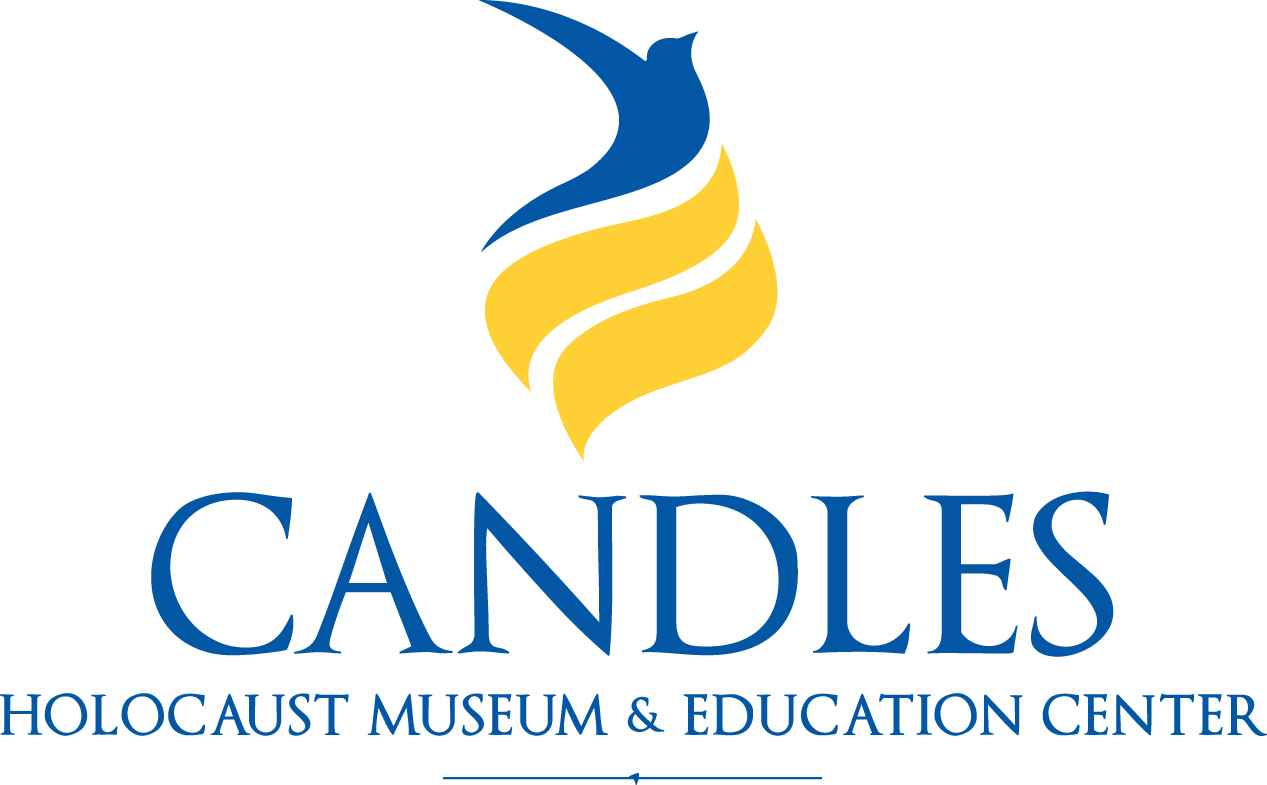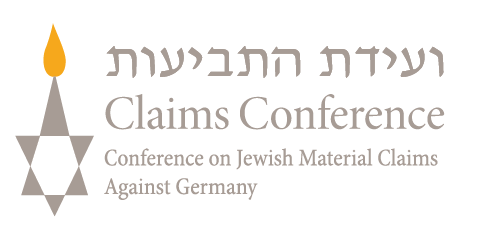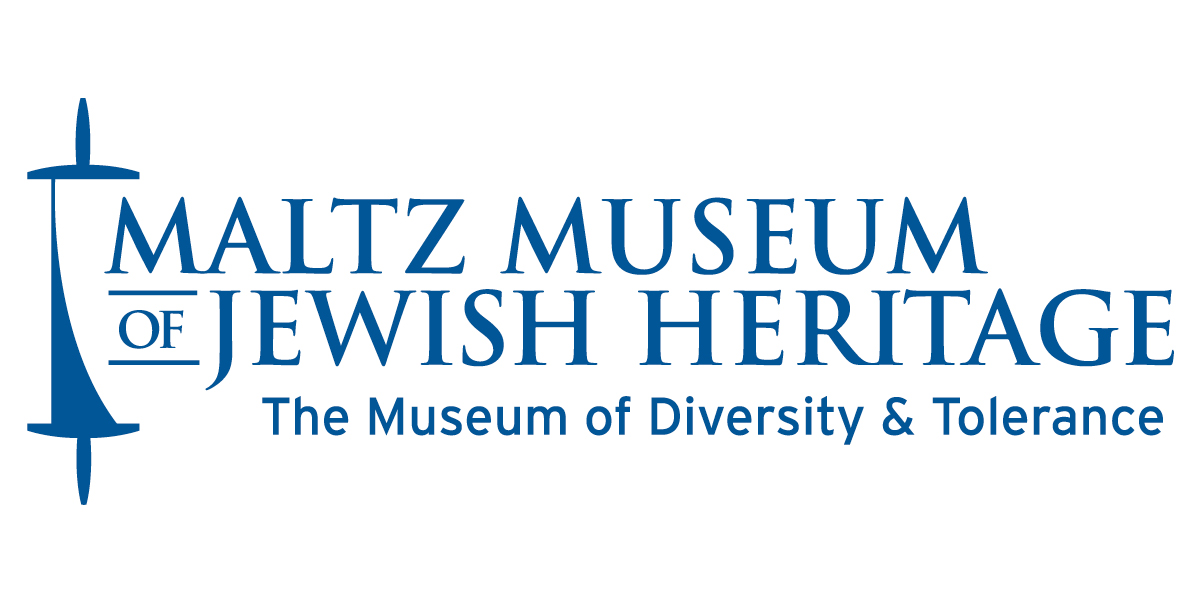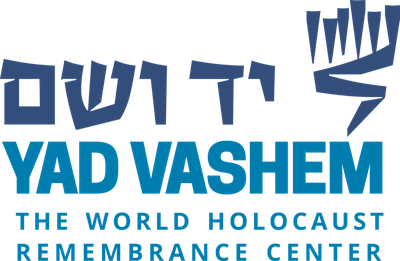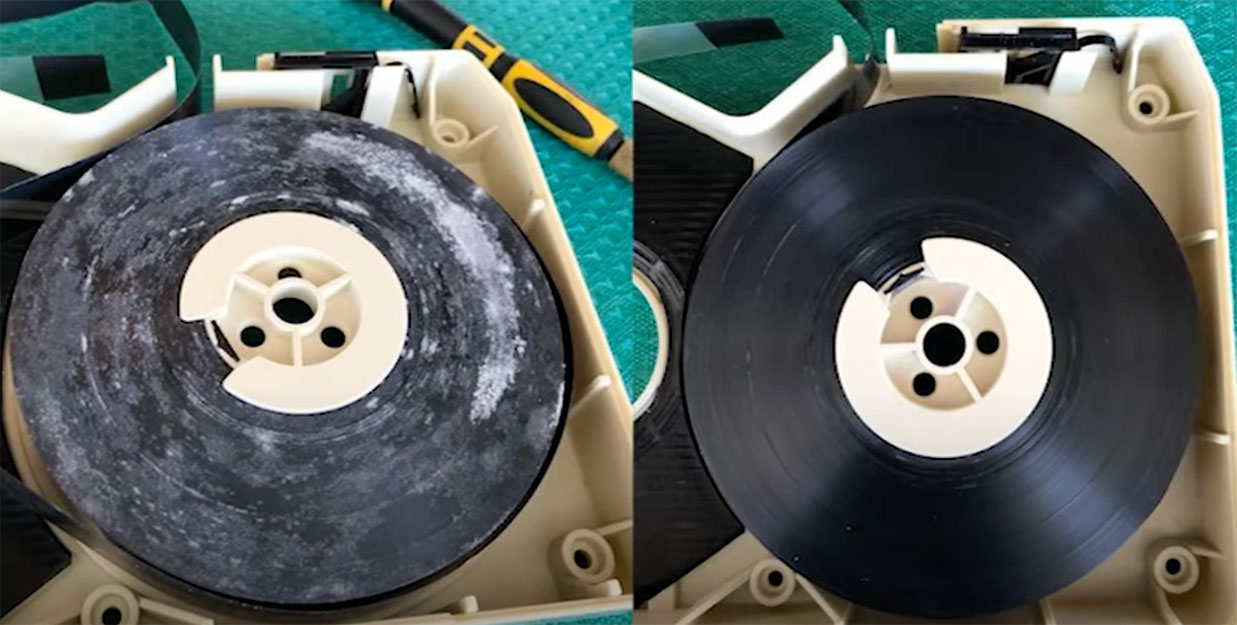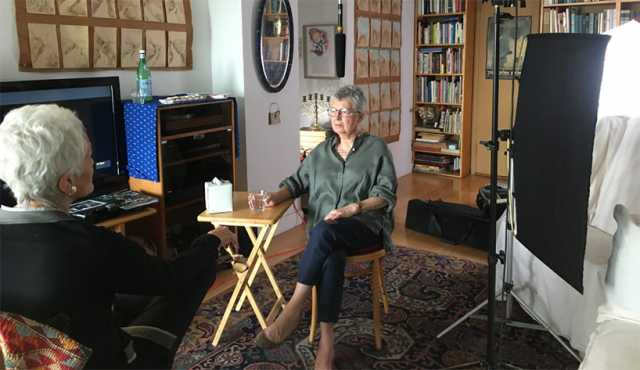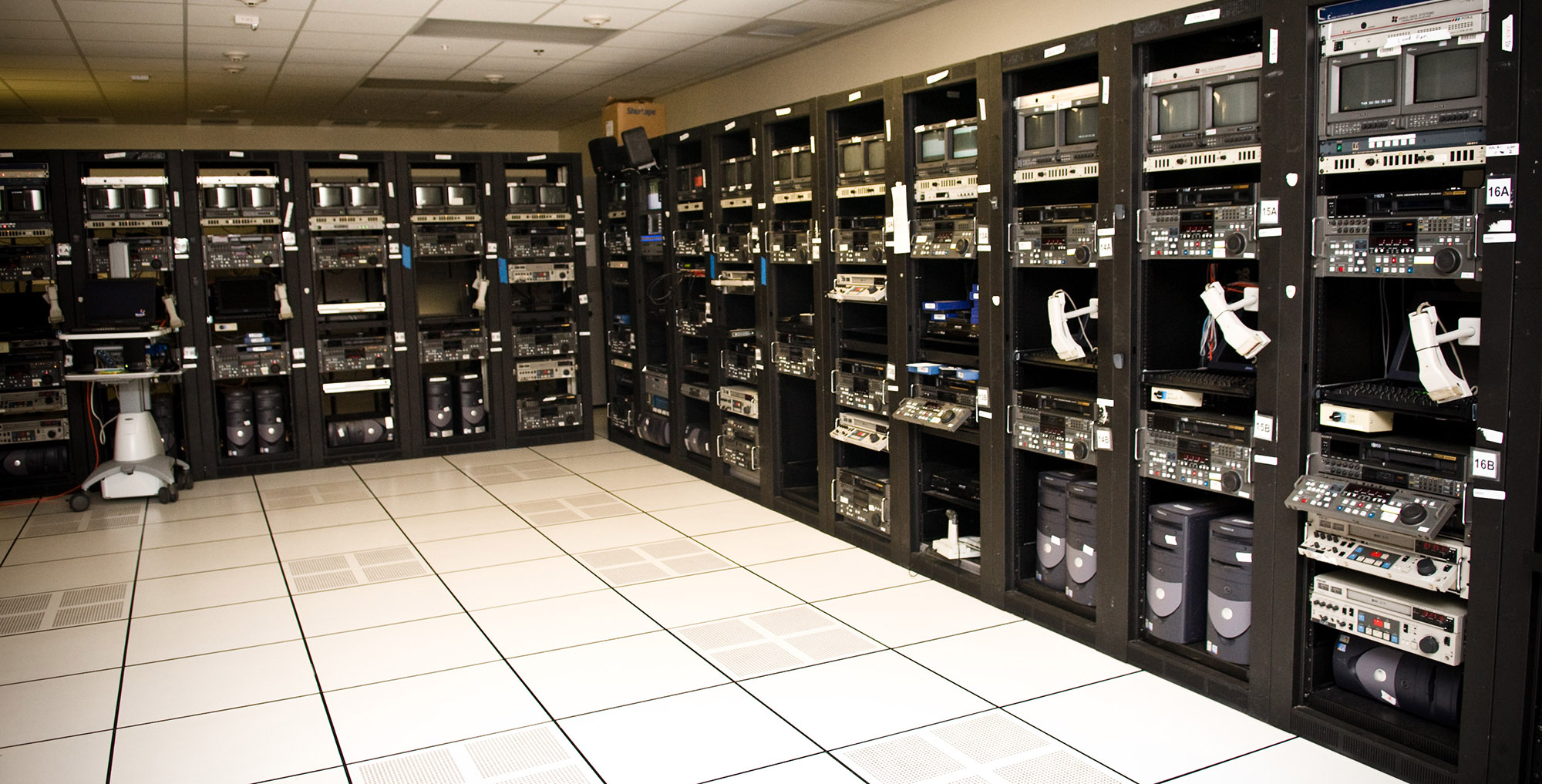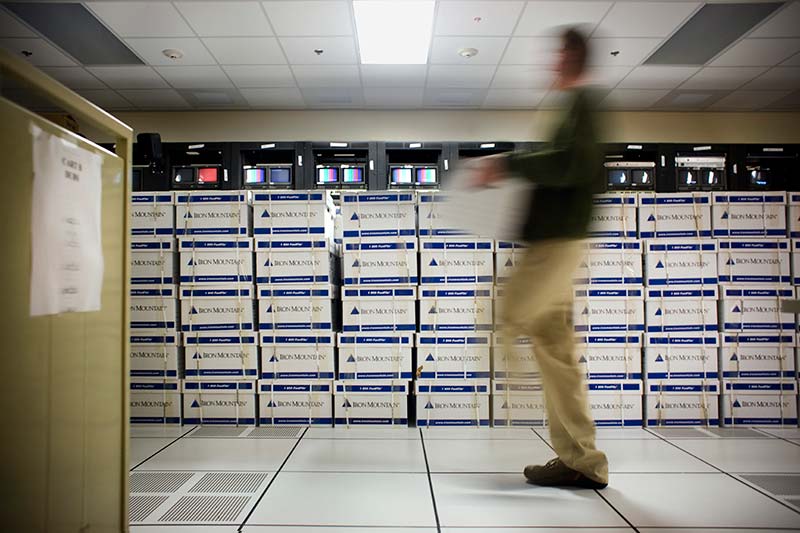The USC Shoah Foundation Story
Our mission is to collect, preserve, and share survivor testimonies in order to increase knowledge and understanding of the Holocaust and to build a future for all that rejects antisemitism, hatred, dehumanization, and genocide.
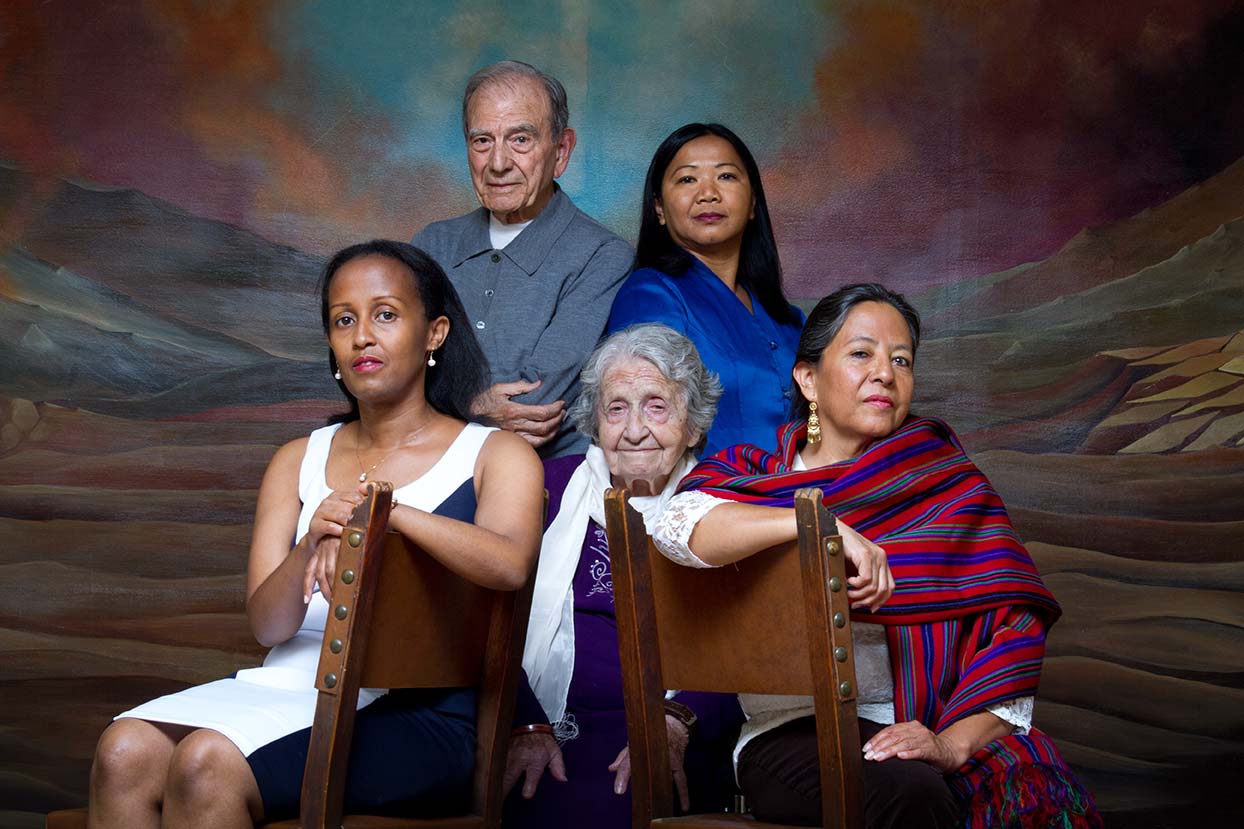
About Us
The USC Shoah Foundation records, preserves, and shares survivor and witness testimonies so that all can learn from the past, reflect on the present, and build a better future.
The collections archive is home to more than 59,000 testimonies of survivors and witnesses of the Holocaust, contemporary antisemitism, the Armenian Genocide, and other mass atrocities and genocidal crimes of the twentieth and twenty-first centuries. It is the largest such collection in the world.
Established in 1994, the USC Shoah Foundation found a permanent home at the University of Southern California in 2006. With survivor testimony at the center, the USC Shoah Foundation’s innovative programming, global-impact strategies, and forward-looking research and education initiatives help preserve Holocaust memory and history, confront antisemitism, and strengthen democratic values.
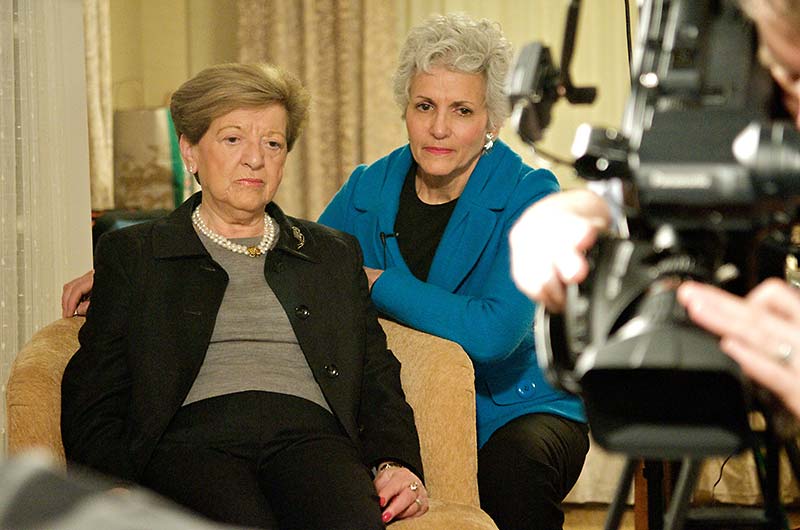
30 Years of Preserving History
- Director Steven Spielberg founded Survivors of the Shoah Visual History Foundation in 1994 to videotape and preserve interviews with Holocaust survivors.
- Founding Co-Executive Directors June Beallor and James Moll led the organization in its earliest years, guiding the collections efforts across 56 countries and in 32 languages.
- By 2001, we had collected 52,000 testimonies. Our Visual History Archive now contains almost 57,000 searchable testimonies, the largest such collection in the world.
- We started digitizing our collection in 2008 and we constantly update our preservation systems. We hold 12 patents on digital collection management technologies that we developed.
- In 2024, users viewed 138 million minutes of testimony on YouTube.

Location
Los Angeles and Washington, D.C.
In January 2006, the Shoah Foundation moved from Universal Studios to the USC campus in Los Angeles, joining the vibrant and engaged community of faculty, researchers, and students. In 2023, we opened offices at USC’s Washington, D.C., campus.
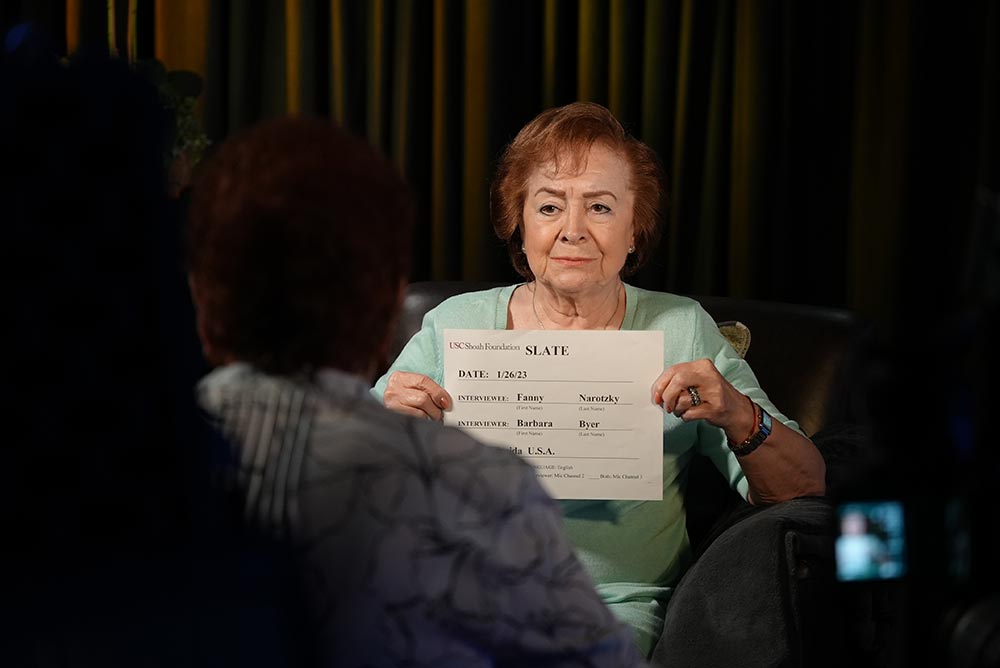
Expanding Research Horizons
Researchers, students, journalists, policymakers, storytellers, and the public turn to our Archive to enrich and expand their understanding of history. With its wealth of testimonies, tools, and resources, the Archive is vital for deepening knowledge and fostering meaningful insights.
Photo Gallery
A walk through our history, from VHS tapes in the backlots of Universal Studios to our state-the-art technology center and elegant headquarters at USC.
Our 30-Year Impact
Viewers around the world watched 138 million minutes of testimony on YouTube in 2024. Explore some of the interviews they found most compelling.
Top News Stories
Archival Ingenuity Saves Mold-Ridden Testimonies from Oblivion
USC Shoah Foundation redoubles efforts to collect testimonies of Holocaust survivors before it is too late
USC Shoah Foundation Adds Large Collection of Armenian Genocide Testimony to its Archive
USC Shoah Foundation Establishes Visual History Archive “Mirror Sites” Around the World
USC Shoah Foundation Institute Begins Massive, State of the Art Preservation Effort to Save One of World’s Largest Video Archive
U.S. Holocaust Memorial Museum Makes USC Shoah Foundation Institute's Holocaust Survivor and Witness Testimonies Available
You can help us make a difference
Our programs power research, education, and public initiatives that preserve Holocaust memory and support new efforts to counter antisemitism.

